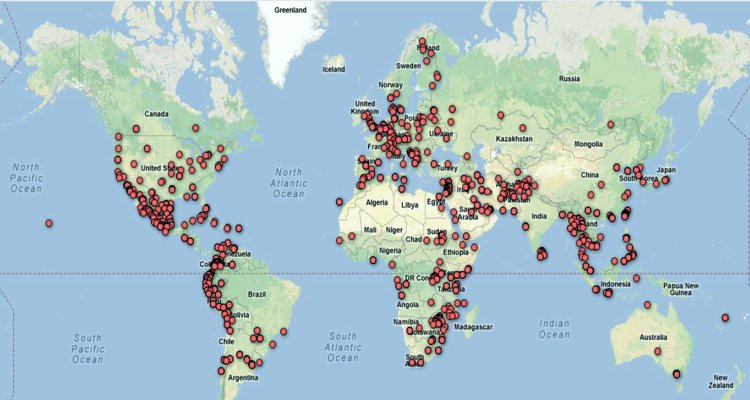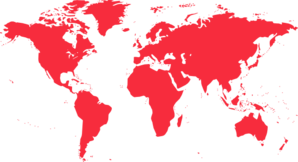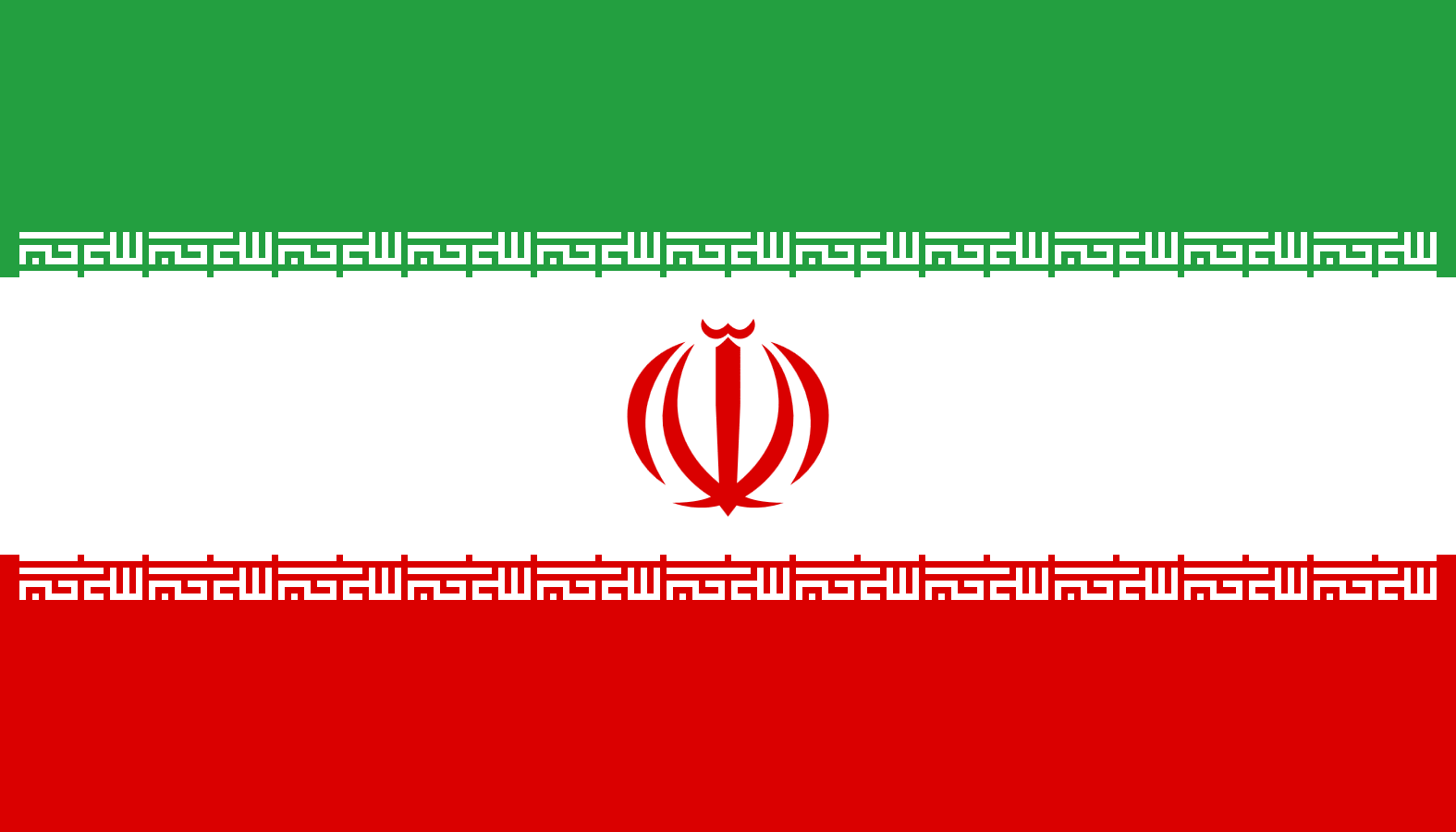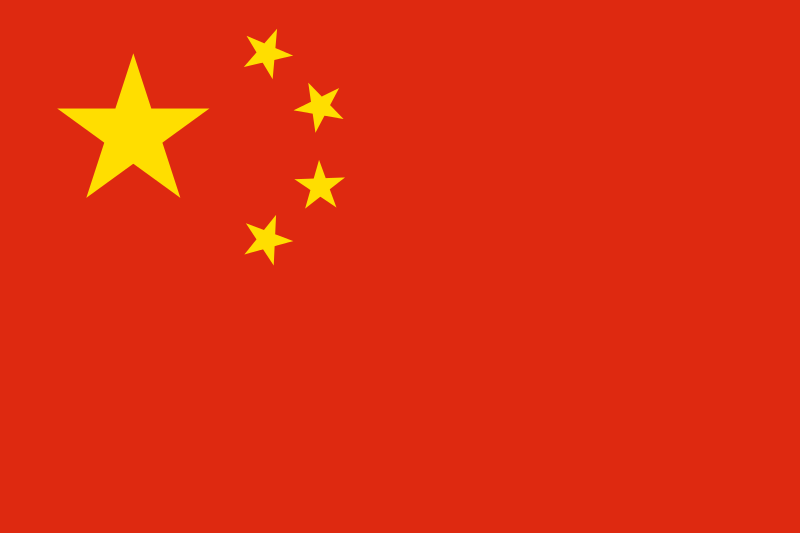In late June 2013, the UN panel of experts that was set up to monitor the implementation of sanctions on North Korea released its final report. The report outlines North Korea’s continued efforts to breach UN sanctions in order to supply its WMD programmes, import and export conventional arms, and import luxury goods. The report issued a number of recommendations to the UN Security Council and national authorities to enable more effective implementation of sanctions.
UN sanctions have been in place on North Korea since July 2006 following a series of missile tests on the 4th July. Since then, North Korea has undertaken three nuclear weapons tests, the latest in February this year, and a number of long-range missile tests. The sanctions have targeted North Korea’s nuclear and ballistic missile programmes and related illicit activities.
These UN sanctions have included measures taken to prevent the DPRK’s acquisition of sensitive goods and materials for its WMD programmes, an arms embargo, and prohibitions on the transfer of luxury goods. The relevant resolutions also include a number of measures that states and their private sectors should take to prevent activities, such as financing, that can assist North Korea’s prohibited programmes.
Most recently, following the latest nuclear weapons test in March 2013, the Security Council passed Resolution 2094 which added a number of sensitive items to the lists of those prohibited from import or export to North Korea and expanded other measures.
The 2013 panel report highlights developments in North Korea’s nuclear and missile programmes over the past year. It also covers the work of the panel over the past 12 months, including incidents of alleged sanctions non-compliance that it investigated.
The Panel’s investigations highlighted a number of incidents of alleged non-compliance in relation to the prohibitions on imports and exports of sensitive technologies to North Korea. These included:
- A shipment of missile-related items believed to be in transfer from North Korea to Syria via China was seized at the South Korean port of Busan. The goods included ‘fine grain graphite’ cylinders which were falsely declared to be ‘lead pipes’;[1]
- An attempt to acquire intangibles relating to missile technology by North Korean officials in Ukraine. The information was held in ‘photographs’ of a ‘secret academic thesis’ and related to ‘new forms of technological processes for the design of missile systems, liquid-propellant engines, spacecraft and missile fuel supply systems and associated computer programmes’;[2]
- More details are provided on the shipment of Transporter Erector Launchers (TELs) to North Korea by a Chinese entity.[3] These TELs were first seen carrying a new missile in an April 2012 parade in Pyongyang and were first reported on by the panel in their 2012 report;[4]
- Ongoing efforts to acquire CNC machine tools by North Korea were documented. A number of examples are given of efforts to the tools and information relating to them from Taiwan and other locations.[5]
The report also provides details on the attempts by North Korea and other entities to breach other measures put in place by the UN resolutions, such as the arms embargo in UNSCR 1874 (2006). Similarly, there are examples of interdictions of shipments of luxury goods, for which a ban was put in place by UNSCR 1718 in 2006. A major difficulty of this measure thus far has been the ambiguity and resulting differing interpretations of the term ‘luxury goods’. A baseline definition was provided in March 2013’s UNSCR 2094 focusing on jewellery and transportation items.[6]
The panel’s 2013 final report can be accessed here.
[1] United Nations, ‘Report of the Panel of Experts established pursuant to resolution 1874 (2009)’, S/2013/337, 11 June 2013, p.23.
[2] Ibid, p.25.
[3] Ibid, p.26.
[4] United Nations, ‘Report of the Panel of Experts established pursuant to resolution 1874 (2009)’, S/2012/422, 14 June 2012, p.19.
[5] United Nations, ‘Report of the Panel of Experts established pursuant to resolution 1874 (2009)’, S/2013/337, 11 June 2013, p.29.
[6] See Annex IV of United Nations, ‘Resolution 2094 (2013)’, 7 March 2013, http://www.un.org/ga/search/view_doc.asp?symbol=S/RES/2094%20%282013%29.









